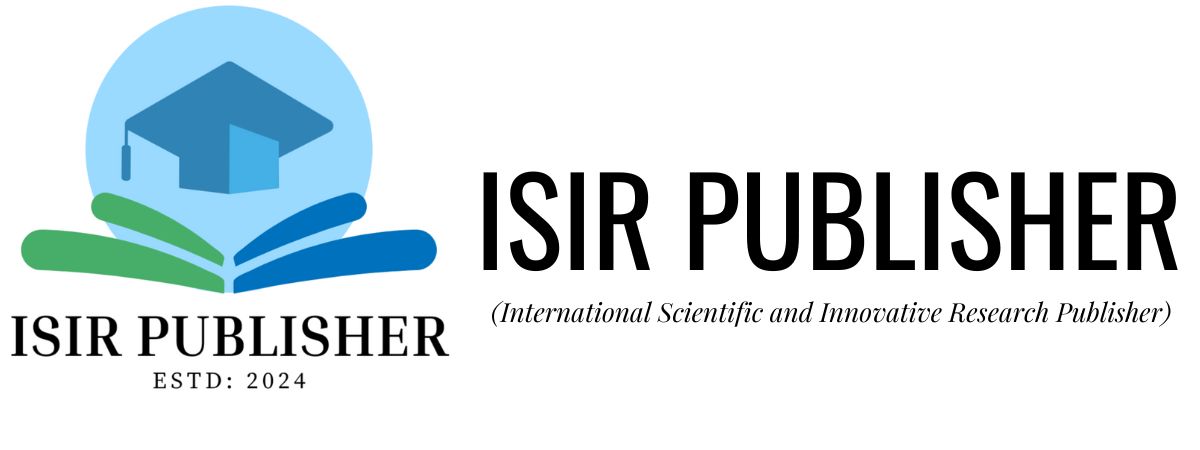This study investigates the influence of auditor competence, technology utilization, and auditor integrity on audit quality. High-quality audits are essential for maintaining stakeholder trust, ensuring the credibility of financial reports, and supporting effective corporate governance. Despite advances in standards and technology, concerns about declining audit quality persist, particularly in the Indonesian context. This research employs a quantitative approach using Partial Least Squares Structural Equation Modeling (PLS-SEM) to analyze data collected from 61 auditors working in Public Accounting Firms (PAFs) in Jakarta and Bandung. The findings reveal that all three independent variables—auditor competence, technology utilization, and auditor integrity—positively and significantly affect audit quality. Among them, auditor integrity has the strongest impact, highlighting the critical role of ethical behavior and professionalism in audit processes. Auditor competence also significantly improves audit quality by enhancing technical accuracy and judgment. Meanwhile, the use of technology contributes to audit quality by increasing efficiency, accuracy, and the ability to handle large volumes of data. These results underscore the importance of integrating ethical values, technical skills, and digital capabilities to ensure high-quality audits. The study contributes to existing literature by validating a new measurement model and emphasizing the need for holistic auditor development. Practical implications suggest that audit firms and regulators should invest in ethical training, continuous professional education, and digital transformation initiatives. Future research is recommended to expand sample coverage, explore additional influencing variables, and adopt mixed-method approaches for deeper insights.
Keywords: audit quality, auditor competence, technology utilization, auditor integrity, PLS-SEM

